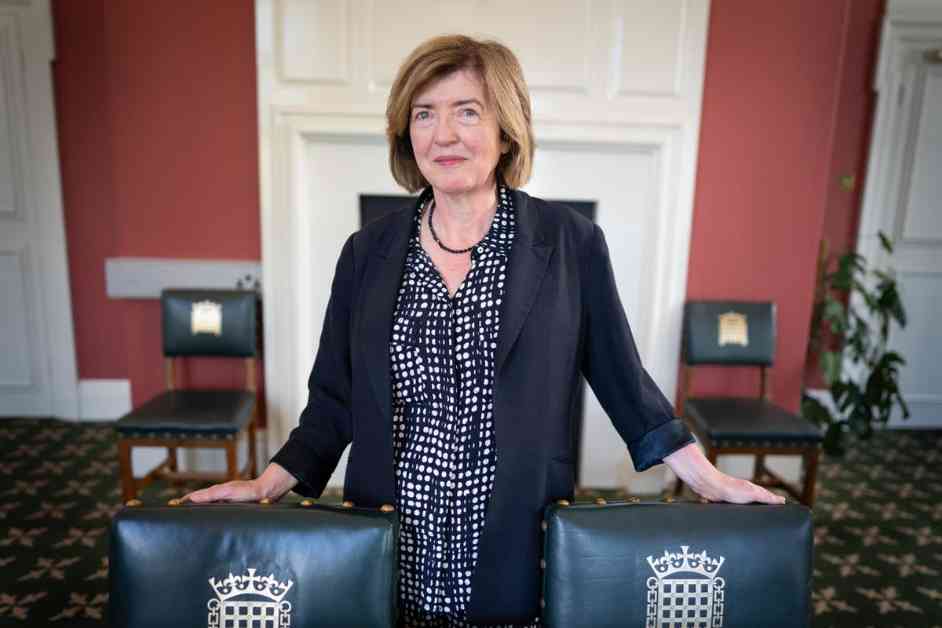Sir Keir Starmer has faced a setback with the resignation of his chief of staff, Sue Gray. This decision was made by Gray to avoid being a distraction to the government and its important work. Gray’s departure comes after only three months in office, which is a significant loss for Starmer. The Labour Party has been dealing with internal conflicts and questions regarding gifts for top officials, including the prime minister and Gray.
Gray’s resignation was a result of intense scrutiny and commentary on her position, which had become a distraction to the government’s agenda. This move is reminiscent of past situations where top officials had to step down due to becoming a distraction, such as Alastair Campbell during the Iraq War and Andrew Coulson during the phone hacking scandal.
Despite efforts by some cabinet ministers to support Gray and praise her work, her position had become increasingly untenable. Her departure is speculated to be linked to tensions between her and Sir Keir’s director of political strategy, Morgan McSweeney, who has now replaced her as chief of staff. Gray was criticized earlier for being paid more than the prime minister, which added to the controversy surrounding her role.
Following Gray’s resignation, McSweeney will take over as Sir Keir’s chief of staff as part of efforts to strengthen the government’s operation. Gray has been appointed as the prime minister’s envoy for nations and regions, where she will advise on relations between central government and devolved authorities. She expressed her excitement to support the government in delivering its objectives across the UK.
The Conservative Party has seized on Gray’s resignation as evidence of chaos within Sir Keir’s government within a short period of time. They have criticized the government’s focus on self-service rather than delivering on its promises. The question now remains on who will lead the country in light of these changes.












